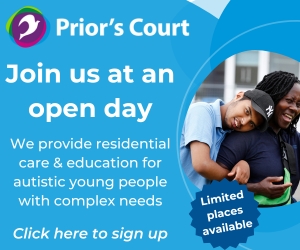A communication disorder is an impairment in one’s ability to receive, process and comprehend verbal or non-verbal communication. It affects one’s ability to apply language or speech in communicating effectively with others. This can range from a simple sound substitution to an inability to understand or use one’s native language.
Communication disorders can include expressive language disorder, mixed receptive-expressive language disorder, stuttering, phonological disorder or communication disorder not otherwise specified.
Expressive language disorder is characterised by a difficulty in expressing oneself using more than simple, short sentences and a limited vocabulary. Someone with expressive language disorder can understand language better than they are able to use it; they may have a lot to say but are unable to express themselves, which is very frustrating especially in children.
Mixed receptive-expressive language disorder is characterised by a problem in comprehending the commands and instructions of others. Both the receptive and expressive areas of communication are affected, so they are unable to express themselves well in either.
We may not think of a stutter as a communication disorder but it can have a profound effect on one’s ability to express oneself clearly and to be understood.
A phonological disorder is a speech sound disorder which is characterised by problems in making patterns of sounds, for example substituting "dat” for "that.” There are many different types of phonological disorder and speech disorders in general, with many being treated with speech therapy.
A communication disorder not otherwise specified is an umbrella term for all other communication disorders which do not meet the specific criteria for other communication disorders.
Some language and communication disorders can be genetic, or caused by a physical problem for example cleft lip or palate. For many though nobody knows the cause.
Some organisations that can offer advice and support:
ICAN - the children’s communication charity





